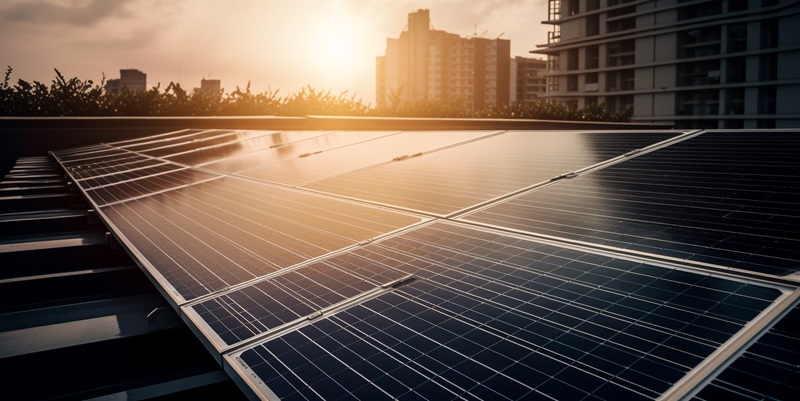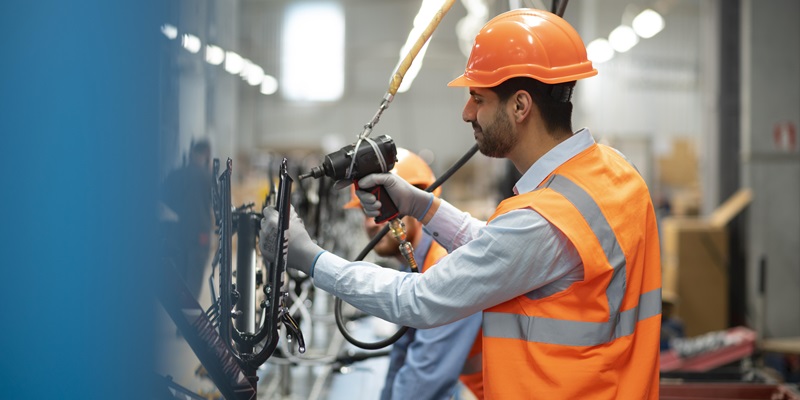Schedule a Call Back
New Battery Technologies Promise Brighter Future
 Technical Articles
Technical Articles- Sep 06,12

The electrical battery, which has emerged as a 'critical factor' in most machines, gadgets and devices, had a humble beginning before metamorphosing in its many avatars ranging from a miniscule cell to a 'bank' of batteries that can power a small factory. In 1901, Thomas Alva Edison invented an alkaline storage cell with iron as the anode (-) and nickel oxide as the cathode (+). However even before Edison invented the alkaline storage battery, Alessandro Volta, in the year 1800, had invented the Voltaic Pile and discovered the first practical method of generating electricity.
Starting life as a humble electric storage device, the storage battery of today is a far cry. Its compact dimensions and light weight construction promises to storage much more electricity (measured in Ampere hour), and turns out to be far more reliable than the device first invented. Finding newer and increasing application in fields like autos where two wheelers with electric start are becoming a norm, and cars with electronic management and ever rising number of smart features, the perception about batteries is changing faster than many would think.
While new developments in the field of hybrid and electric vehicles promises the change the perception of batteries even further, the industrial sector is also contributing by opening up newer areas of applications for batteries. Areas that are driving research and development in the existing battery technology as well as new technology areas like Lithium-ion. While Lithium-ion battery technology promises to be 'the battery technology' of the future, the possibility of even newer, more revolutionary technology cannot be ruled out. Especially with new and more demanding applications announcing their emergence. Applications like high-technology surveillance systems, smart emergency backup systems, smart automation grids and more.
While Li-ion batteries are at the core of all the activities currently, if they have it their way, or more importantly, their developers have a way, these batteries could power almost everything. From a minute clock to a space shuttle! In fact, one of the big achievements for Li-ion battery as far as its industrial application goes is its use in space shuttle Endeavour mission space walks. Four of EnerSys' high energy density Lithium-Ion (Li-Ion) long life battery assemblies built by ABSL Space Products business division were delivered to the International Space Station (ISS) by the space shuttle Discovery on February 24, 2011, in preparation of the most recent space walks. Four successful space walks were conducted, with one EMU per space walk powered by ABSL's Li-Ion battery.
The ABSL batteries supplied all the power needed to support functionality of the EMU, further endorsing EnerSys' claim as a global leader in stored energy solutions for industrial applications. ABSL's battery assemblies replaced older silver zinc battery technology that had been previously used in the EMUs. ABSL's high energy density batteries approach >190Wh/kg at cell-level, more than double that of the older silver zinc batteries, thus improving performance. The Lithium-ion battery built for the Tactical Satellite-3 (TacSat-3), according to an ABSL media release, performed nearly three times its planned mission life before the satellite de-orbited on 30 April.
At a more practical level, Li-ion battery technology in industrial applications looks promising given the requirement for longer service life. If the current industrial battery applications make for bulkier batteries that provide longer service life, Li-ion batteries could address this issue too.
While significant technological developments in the area of Li-ion batteries being developed for industrial applications include the development of a new cathode material by Hitachi for industrial lithium-ion batteries using manganese-based cathode materials that roughly double the life of similar batteries using the cathode material, the application of batteries in the industrial sector is only expected to increase in India. With consumers in the industrial sector comprising telecom, IT, railways, power, material handling, food industries, pharma, textiles and others, the battery market in India is expected to grow at 25%. The current situation may amount to some dip in growth in short to mid-term, in the long-term, the growth is expected to be more than 25%.
The rising availability of Li-ion batteries for industrial application will make for a more reliable operation, less charging time and light weight. It will make a robust battery technology that is in sync with new generation systems and components that power the industry. Systems and components like inverters and solar cells.
Related Products
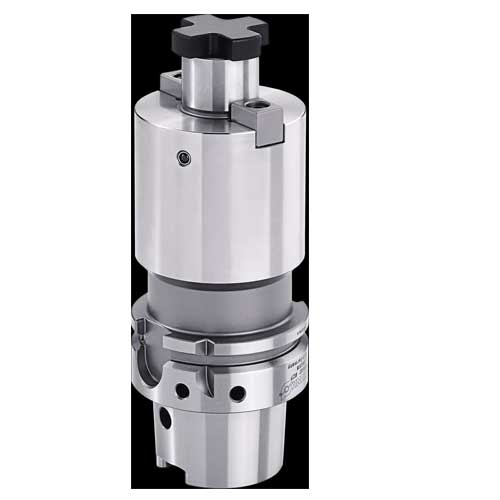
Face Mill Arbors
Schunk Intec India Pvt Ltd offers a wide range of face mill arbors.
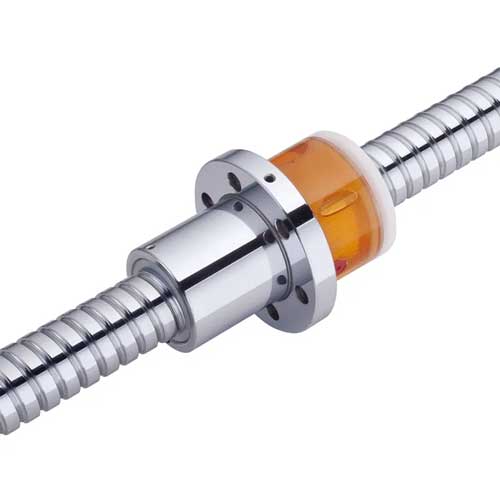
E2 Self-lubricating Ball Screw
IBK Engineers Pvt Ltd offers a wide range of E2 self-lubricating ball screw.
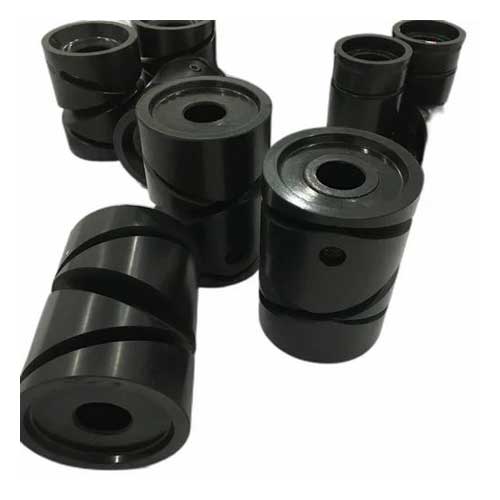
Hard Anodozong Services
Metreat Engineers, Ahmedabad offers Aluhard Hard Anodizing services for Aluminum components and rollers.







